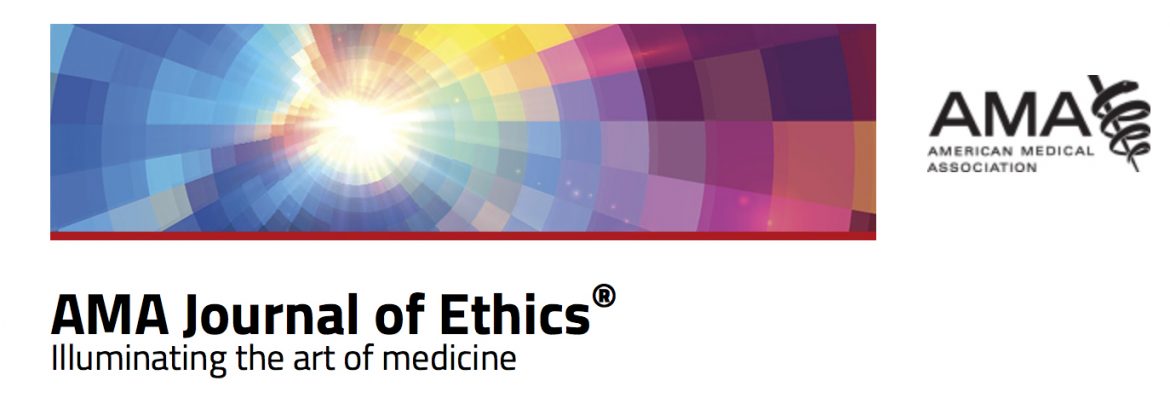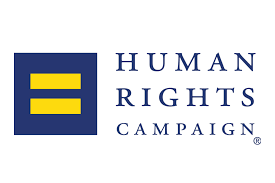Victims of child abuse and neglect come from every racial, ethnic, and socioeconomic background, yet clinical evaluation, reporting to child protective services, and responses to reports inequitably harm Black children and malign families of color. Racial bias and inequity in … Read More
Foster Care


Key Updates to Understanding Roles of Childhood Trauma in Overall Health
While adverse childhood experiences and trauma, including childhood abuse and neglect, have often been viewed from the lens of psychiatry, their influence on physical health, health behaviors, and factors that moderate health now garner more attention. This article reviews recent … Read More

How Should Clinicians and Students Cope With Secondary Trauma When Caring for Children Traumatized by Abuse or Neglect?
When health care professionals encounter child abuse and neglect, they can experience a range of emotions, such as anger, sadness, and frustration. Such feelings can cloud judgment, compromise care, or even undermine one’s capacity to complete evaluation of a child. … Read More

How Should Race and Resource Context Influence How Neglect Is Considered by Clinicians?
Separation of children from their parents is one possible traumatizing consequence of a mandated report, which is not to be taken lightly. This commentary on a case considers how racism and poverty should influence clinicians’ construal of their duties as … Read More

How Should Clinicians Minimize Bias When Responding to Suspicions About Child Abuse?
Abstract Clinicians have ethical and legal obligations to report suspected maltreatment of children. A decision to report suspected abuse is one of great ethical, clinical, and legal importance and can weigh heavily on clinicians who have established relationships with a … Read More

Child Trafficking: Addressing Challenges to Public Awareness and Survivor Support
Why This Matters Human traffickers can target children in the U.S. to exploit them sexually, force them into labor, or both. Children can be targeted due to their age and other factors that make them vulnerable. Children experiencing poverty, homelessness, … Read More

Helping Children and Youth Maintain Relationships With Birth Families
Children and youth who are adopted need to maintain relationships with their birth families, previous caregivers, or other important connections, and it is vital that their parents support them in doing so. Nurturing these relationships is in the best interests … Read More

On the Threshold of Change
About the On the Threshold of Change Report As youth grapple with so many new crises in our current world, how may we harness strategic foresight to create better and more hopeful outcomes for young adults exiting foster care so they can … Read More

Supporting Kinship Families of Unaccompanied Immigrant Children
Introduction n recent years, record numbers of unaccompanied immigrant children (UC) have crossed into the United States. Between 2017 and 2022, over 385,000 UC were apprehended crossing U.S. borders. This special population of immigrants are defined as children under the age of 18 who … Read More

All Children – All Families: The State of LGBTQ+ Inclusion in Child Welfare – 2023 Report
All Children – All Families and the child welfare leaders participating in the program are driving the field forward to reshape the delivery of services to LGBTQ+ youth and families. Since 2007, the Human Rights Campaign Foundation’s All Children – All … Read More
